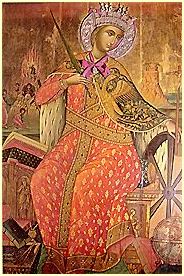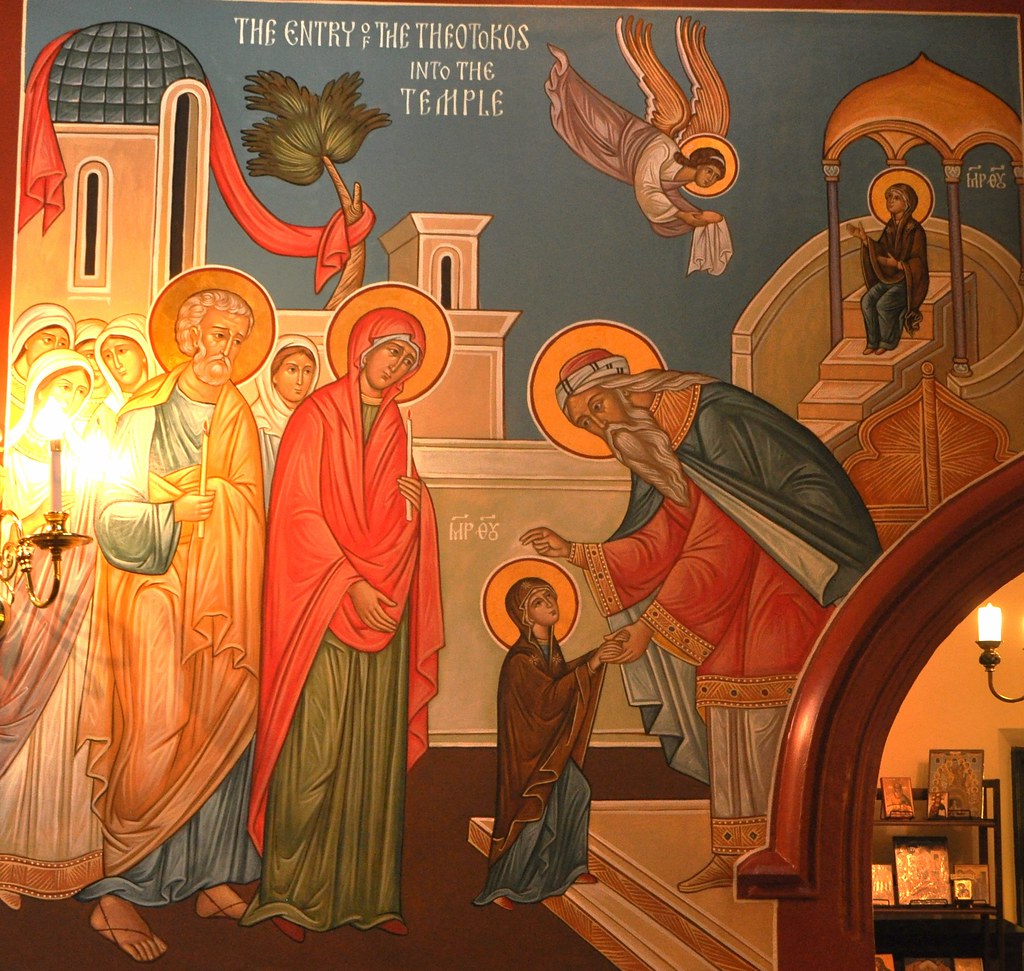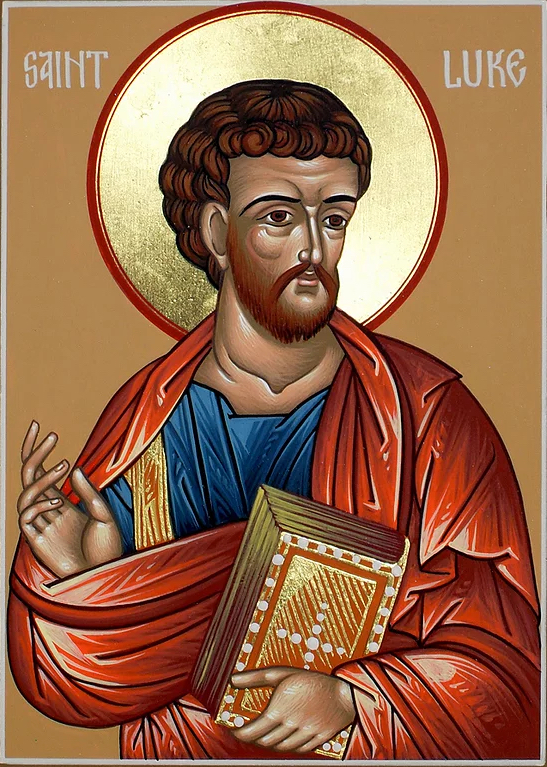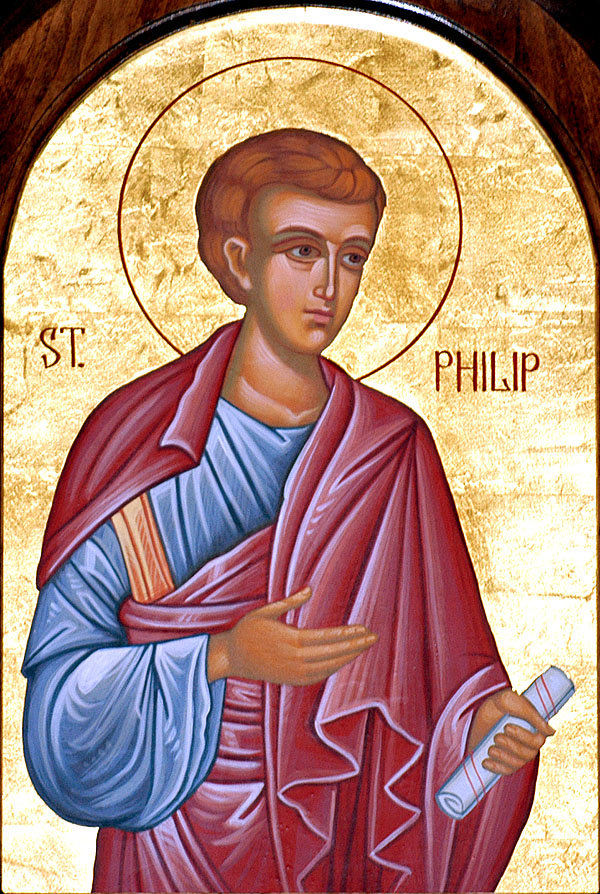Now when Jesus came into the district of Caesarea Philippi, He asked His disciples, “Who do men say that the Son of man is?” And they said, “Some say John the Baptist, others say Elijah, and others Jeremiah or one of the prophets.” He said to them, “But who do you say that I am?” Simon Peter replied, “You are the Christ, the Son of the living God.” And Jesus answered him, “Blessed are you, Simon Bar-Jona! For flesh and blood has not revealed this to you, but my Father who is in heaven. And I tell you, you are Peter, and on this rock I will build my church, and the gates of Hades shall not prevail against it. I will give you the keys of the kingdom of heaven, and whatever you bind on earth shall be bound in heaven, and whatever you loose on earth shall be loosed in heaven.”
Matthew 16:13-19 (Gospel from the Feast of Sts. Peter and Paul)
The Epistle lesson on June 29 speaks about Saint Paul. The Gospel lesson speaks about Saint Peter. Like St. Paul, St. Peter is also a refreshing character. While most of us probably won’t go out of our way to persecute the Church or terrorize other Christians, it is a safe bet that we will each deny knowing Christ at some point in our lives. No, we probably won’t stand up in public and say “I do not know the Man” as Peter did after Jesus was arrested. However, when we knowingly do something wrong, especially when we are goaded into it by peer pressure, it is as if we are denying that we know Christ. Because in the moment that we actually “know” Him, we can’t be doing the things that we all do. In those moment, we are all denying Him.
Thankfully, the Gospel reading on June 29 does not focus on Peter’s denial, but rather his appointment as the chief of the Apostles. The short passage opens with Jesus asking His disciples “Who do men say that the Son of man is?” (Mark 16:13) The Disciples give the “scuttlebutt” that they have heard from around the area—that Jesus is either John the Baptist, or Elijah, or Jeremiah or another prophet. Jesus asks them “But who do YOU say that I am?” (16:15) And it is Peter who jumps up and answers first: “YOU are the CHRIST, the Son of the living God.” This is one of the highest “confessions of faith” that Jesus is the Christ, the Son of God. Peter, for whatever faults and whatever slip-ups he made, got it right when it mattered. Amidst rumors and hearsay from around the area where Jesus was as to who He really was, it was Peter who stepped up and proclaimed words that the Jews would have seen as blasphemy, that Jesus was indeed the Messiah.
In the next sentence, Jesus tells Peter “You are Peter and on this rock I will build my Church, and the gates of Hades will not prevail against it.” (16:18) This verse is not powerful only for Peter two thousand years ago but it has power for us today. The world seems to go out of its way to demean and diminish the Church. Yet Jesus promises that even the gates of Hell will not prevail against the church. This is very comforting indeed.
Jesus tells His disciples that “whatever you bind on earth shall be bound in heaven and whatever you loose on earth shall be loosed in heaven.” (16:19) This is one of the foundation verses for the sacrament of confession. Jesus gave to the Apostles the privilege and the obligation to bind and loose sins. This privilege is given to every bishop and through the bishops, it is also given to the priests. In the sacrament of confession, we can be loosed of our sins.
It is interesting to note that if one reads the verses that immediately follow today’s Gospel reading, that almost immediately after Jesus tells Peter that he is the rock on which the church will be built, He ends up scolding Peter, so to speak. Jesus tells His disciples about his death and Resurrection. “Peter took Him and began to rebuke Him, saying, ‘God forbid, Lord! This shall never happen to you.’ But He turned and said to Peter, ‘Get behind me, Satan! You are a hindrance to me; for you are not on the side of God, but of men.’” (16:22-23) And so, Peter goes from chief of the Apostles to getting scolded for his doubts. And then he will stand again in God’s favor. This is very much like life—one day we are solid in our faith and the next it wavers, and then it becomes solid again, and again is threatened. The cycle repeats throughout every Christian. This is why we can look at Saint Peter as a true role model. He wasn’t perfect, but he “stayed in the game,” imperfections and all. And this is what we are supposed to do, to stay in the game, with our imperfections and all.
The all-august feast of the Apostles has arrived in the Church of Christ, as an occasion of salvation for us. So mystically applauding them let us say to them, “Rejoice, luminaries of those in darkness, since you are the rays of the Sun. Rejoice, Peter and Paul, unbroken foundations of the divine dogmas, friends of Christ, worthy vessels. Come and be in our midst invisibly, and count us worthy of immaterial gifts, as we extol your feast with songs.” (Doxastikon of the Feast of Sts. Peter and Paul, Trans. By Fr. Seraphim Dedes)
Let’s imitate the example of St. Peter, and become solid rocks on which the Church can be built up in our communities, our cities, our work places and our neighborhoods.



